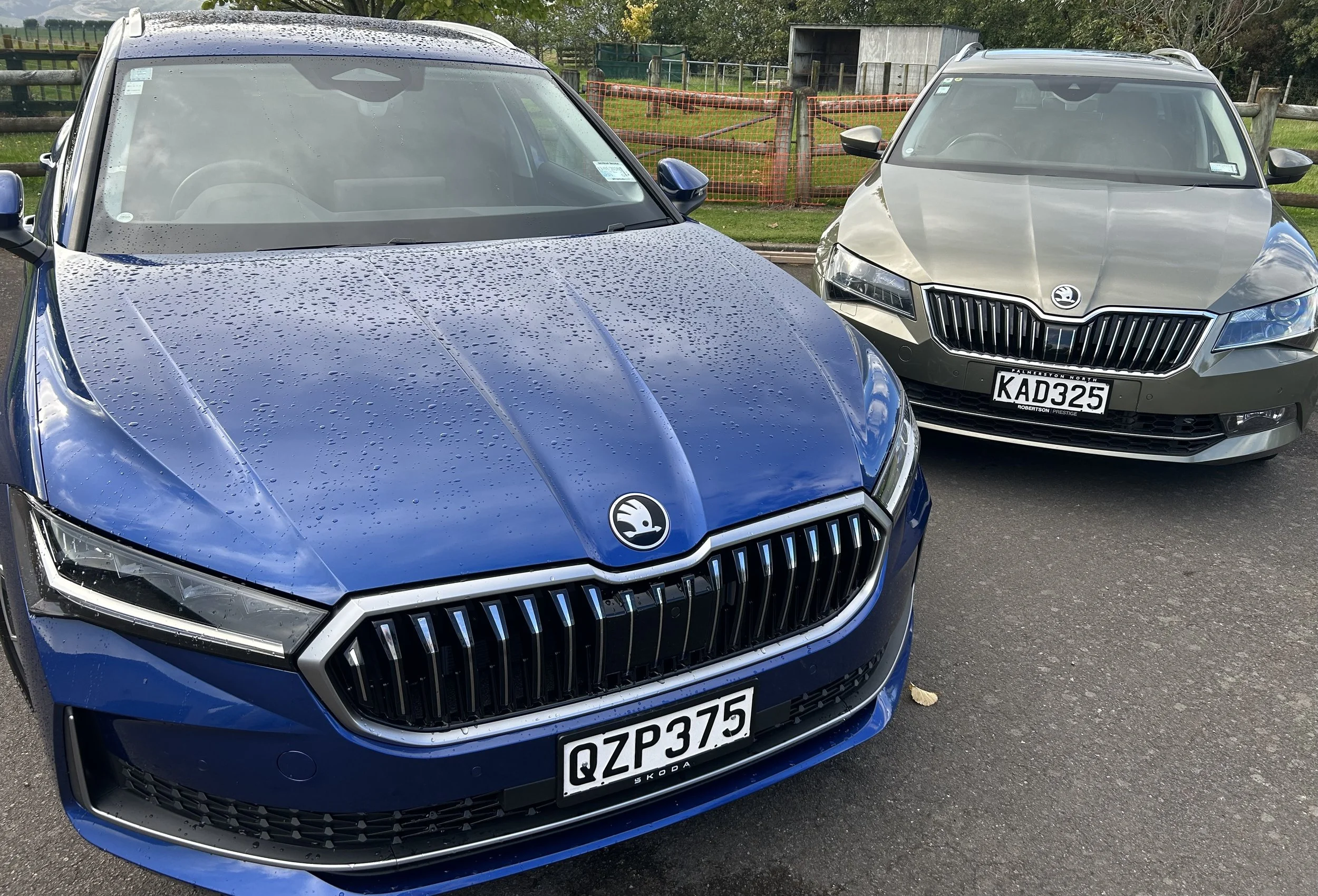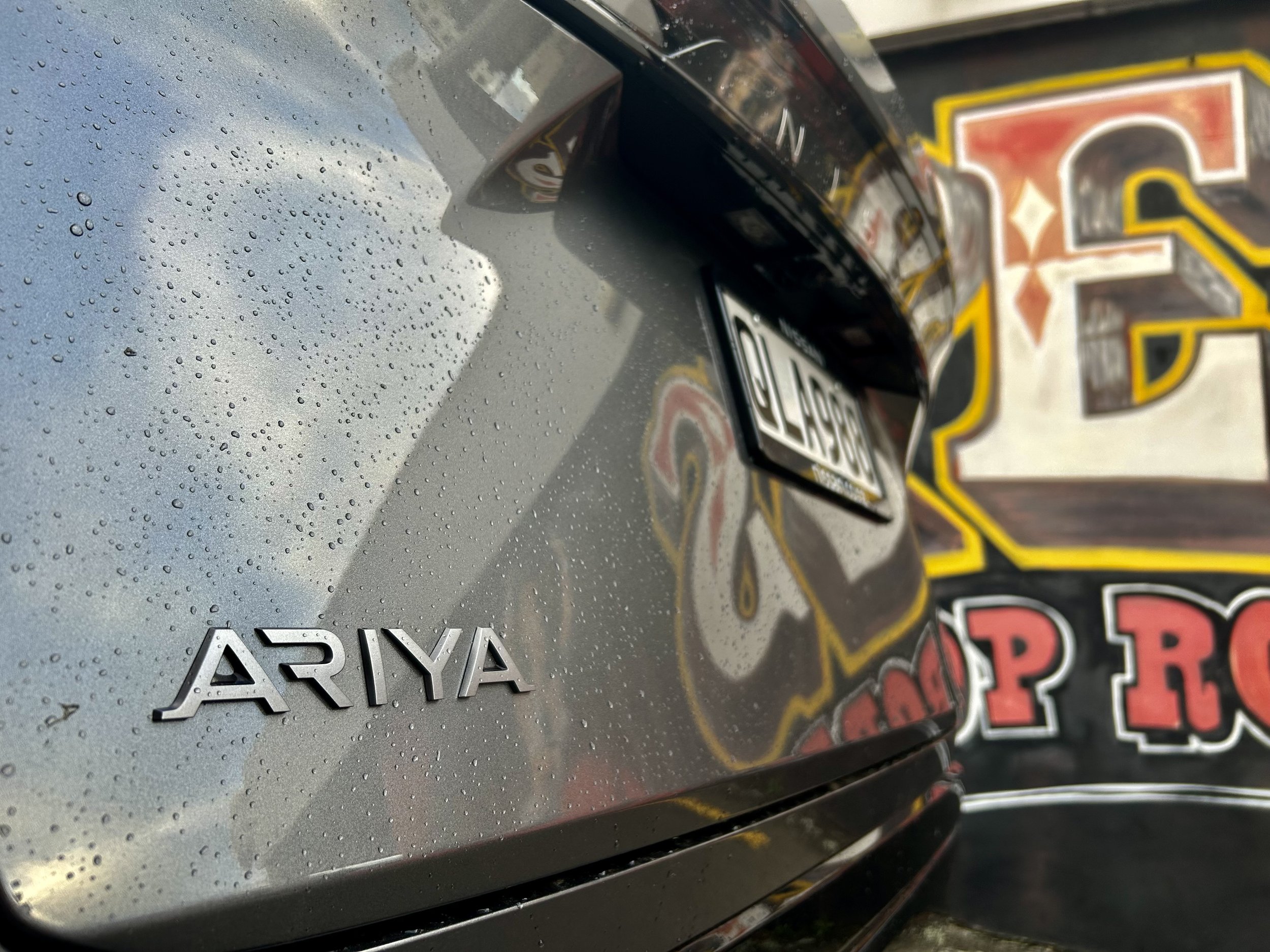Is this the ANZAC Sportage?
/
Australia reveals everything but the price for a range it has previously shared with us.
ADDITIONAL detail surely giving more clues to how it will present in New Zealand has been released in respect to the Kia Sportage.
Hot in the wake of initial detail from Europe, Australia has now chimed in with a host of data pertaining to the four editions it has lined up.
Our neighbour’s car is on the longer wheelbase than the version being sold to European customers, but as expected achieves very strong visual resemblance.
The Australian operation is ramping up for availability in October. Kia NZ has not indicated when it will have the car.
Despite its strikingly different styling, Sportage is, of course, a twin-under-the-skin to the latest Hyundai Tucson, which has been on sale in NZ for more than a month.
The NZ market Tucson comes out of the Czech Republic, so is on the short wheelbase platform. It appears the Australia market Sportage is sourced from South Korea. Kia NZ is not saying what its sourcing plan is.
However, it has been common for the Auckland-based distributor to take Australia market product.
As said, our neighbour has settled on four variants, with up to four petrol and diesel engine and transmission combinations available.
As with Tucson, a full suite of active safety technologies is standard on all versions.
Pricing across the Tasman has not been released, however media there believe the model could cost between $A2500 and $A3000 more than equivalents in the previous range.
The Tucson in NZ costs from $49,990 to $72,990; Kia NZ’s strategy has always been to undercut the parent marque.
Australia market powertrains comprise a 115kW/192Nm 2.0-litre non-turbo petrol four-cylinder, a 132kW/265Nm 1.6-litre turbocharged petrol four-cylinder and a 137kW/416Nm 2.0-litre turbo-diesel four-cylinder.
The 2.0-litre turbodiesel is a hallmark of South Korea-sourced product on this platform. One reason Hyundai NZ cited for taking Tucson from the Czech Republic was that it could bypass that engine and instead that a 1.6 turbodiesel, which was otherwise for Europe. That smaller capacity mill makes 100kW and 320Nm.
Hyundai also has the 2.0-litre and 1.6-litre petrols, in identical outputs as those cited for the Kias.
The 2.0-litre petrol engine is front-wheel drive only with a choice of six-speed manual or torque-converter automatic transmissions. NZ with Tucson goes purely auto – logically, so would Sportage.
The 1.6-litre turbo-petrol and 2.0-litre turbo-diesel engines employ all-wheel drive – and are respectively paired to seven-speed dual-clutch and eight-speed automatic transmissions. Same goes for NZ-spec Tucson.
Being on the longer of the two wheelbases means our neighbour’s Sportage measures 4660mm long, 1865mm wide and 1660mm high, sitting on a 2755mm wheelbase – 175mm longer overall, 10mm wider, 15mm taller and 85mm longer in wheelbase than the outgoing model.
Standard active safety technology is as per Tucson, including autonomous emergency braking with junction support, lane-follow assist, blind-spot monitoring, and rear cross-traffic alert – with automatic models adding adaptive cruise control, an electric parking brake, and the ability for the blind-spot and rear cross-traffic systems to brake for obstacles.
Also standard is a centre airbag, designed to prevent passengers' heads clashing in a side-impact collision – a step towards a five-star ANCAP safety rating.
The Australian market information suggests Kia’s trim and specification provisions seem set to equal those for the Tucson.
Australia’s base S model has an 8.0-inch touchscreen with wireless Apple CarPlay and wireless Android Auto, black cloth seats, rear parking sensors, 17-inch alloy wheels (with a full-size spare), and LED headlights and tail-lights.
The SX delivers with 18-inch alloy wheels, a 12.3-inch infotainment touchscreen with wired Apple CarPlay, Android Auto and satellite navigation, dual-zone climate control, power driver lumbar support, and rain-sensing wipers.
The next-step SX Plus is on 19-inch wheels and adds an eight-speaker Harman Kardon sound system, artificial leather upholstery, heated front seats, an electric driver's seat, power tailgate, keyless entry with push-button start and rear privacy glass.
The flagship GT-Line also 19-inch alloys, a 12.3-inch digital instrument cluster, leather seats with suede upper sections, heated and ventilated front seats, driver's seat memory, electric passenger seat, bi-LED headlights, wireless smartphone charging, a panoramic sunroof, and more.




















